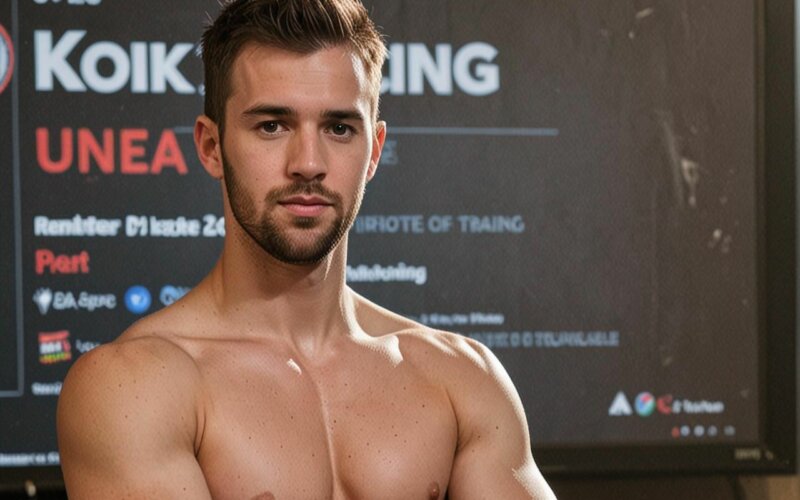Key Takeaways:
- Andrew Tate's Hustler's University affiliate marketing program has officially closed.
- The closure comes a day after Tate was banned from major social platforms like Meta and TikTok.
- Hustler's University was criticized for its aggressive marketing tactics and content.
In a move that has caught the attention of both fans and critics alike, Andrew Tate, a divisive figure known for his kickboxing prowess turned online influencer status, has shuttered the doors on his Hustler's University affiliate marketing program. This program, a cornerstone of Tate's online empire, promised to teach subscribers the secrets to amassing wealth through various forms of trading and cryptocurrency strategies. However, its end comes amidst growing scrutiny and a series of bans from major social media networks.
The Rise and Fall of Hustler's University
At the heart of Hustler's University was a bold promise: join the ranks of Tate's followers and unlock the potential to earn thousands. For a $49 monthly fee, members gained access to what was touted as exclusive financial advice, from stock analysis to crypto trends. The initiative leveraged a potent mix of multi-level marketing strategies, encouraging members to recruit new subscribers with the lure of commission earnings. Tactics included spreading Tate's polarizing content across the internet, aiming to fuel both adoration and animosity to drive engagement.
Andrew Tate's strategy was clear: "You want arguments, you want war," advised materials for members. This approach helped Tate's following skyrocket, with claims of over 80,000 people joining the ranks of Hustler's University. Yet, these numbers and the program's legitimacy have been questioned, with critics labeling it a sophisticated scam.
Controversy and Consequences
Tate's rise to internet fame has not been without controversy. His content, often described as misogynistic and violent towards women, has sparked significant backlash. This culminated in his recent ban from platforms like TikTok, Facebook, and Instagram, with Meta citing violations of policies around dangerous organizations and hate speech. TikTok echoed this stance, emphasizing its zero-tolerance policy towards misogyny.
The closure of the Hustler's University affiliate program marks a significant moment in Tate's online career. It raises questions about the sustainability of internet fame built on divisive and controversial content. With social media giants taking a stand, the future of figures like Tate in the digital landscape remains uncertain.
Making Sense of the Shutdown
The end of Tate's program is more than just a closure; it's a reflection of the evolving conversation around online behavior and the boundaries of acceptable discourse. As platforms tighten their policies and audiences become more critical of the content they consume, influencers find themselves at a crossroads. The shutting down of Hustler's University serves as a cautionary tale about the balance between viral fame and responsible communication.
In a digital age where influence is currency, Tate's story exemplifies the precarious nature of building an empire on controversial grounds. As the dust settles, the broader implications of his bans and the program's closure will likely ripple through the online world, prompting a reevaluation of how and why we engage with digital content creators.
Andrew Tate's journey from kickboxer to internet persona to the center of a heated online debate encapsulates the volatile nature of modern fame. As we navigate the complexities of digital influence, the story of Hustler's University reminds us of the power of content and the responsibility that comes with it.










